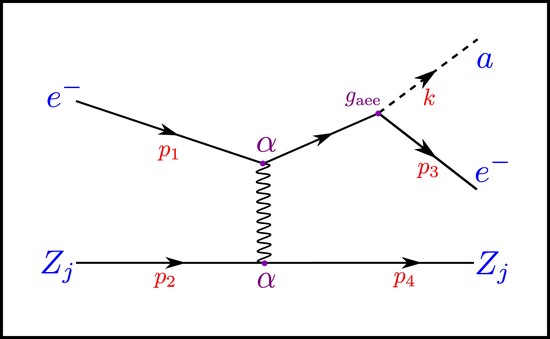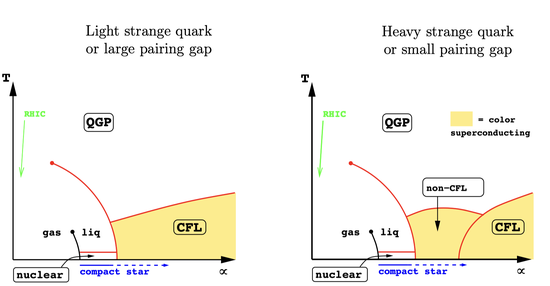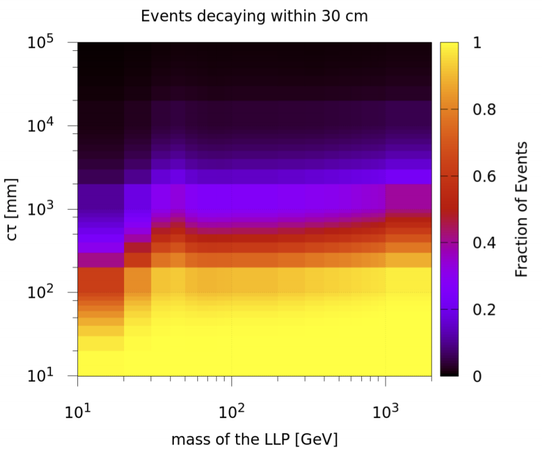Rohan Kulkarni
Aspiring Theoretical Physicist
About me
Welcome to my homepage! I’m thrilled to share my journey as a PhD physics student at Queen’s University (host to the Arthur B. McDonald Canadian Astroparticle Physics Research Institute), where I’m actively engaged in groundbreaking research as part of the QHEAT group (Queen’s High Energy and Astroparticle Theory). Under the guidance of my esteemed supervisor, Joe Bramante, I delve into fascinating realms of scientific inquiry, exploring concepts ranging from next-generation dark matter detectors fueled by supperradiance to unraveling the mysteries of quark matter within neutron star cores and probing the depths of early universe cosmology. Currently, I’m extending my research horizons as a visiting researcher at Heidelberg University, collaborating with Joerg Jaeckel on innovative projects centered around axions and dark matter.
I earned my M.Sc. Physics degree from Heidelberg University in Germany. For my master’s thesis, I performed research at McGill University in Canada as a graduate research trainee under the supervision of Katelin Schutz. My final thesis titled Axion Basinschein : A search for gravitationally bound solar axions via stimulated decay into photons, which you can find below under projects.
Before Heidelberg, I graduated with a B.Sc in Physics from Leipzig University in Germany. During my undergraduate years, I worked as a teaching assistant in Theoretical Physics, Mathematics, and Experimental Physics, totalling over 250 hours of undergraduate-level classroom teaching. My final bachelor’s thesis had the topic Black holes, Singularity theorems and the Global Structure of Spacetime.
The primary purpose of this website apart from who I am and what I have done is outreach. These past five-six years of my life revolved around one thing - Theoretical Physics. While on this incredible journey, there were numerous instances where I had the thought, “if only someone had told me that, I would have saved hours of work” or “that one statement made me understand XYZ.” I want to pass on the wisdom and tools I gained on this journey to my colleagues and anyone trying to decipher the breathtaking world of physics. You can check the “notes” and “literature” tabs. I am also thinking of starting a regular blog about things like my learning techniques, note-taking algorithms, paper-reading styles, etc. So keep an eye out for that.
I hope whoever found this website gains something valuable from it. If not, you just got acquainted with another friendly face :). Also, feel free to reach out using the contact at the bottom of the webpage. (As most academics, if I don’t reply after a week or two - don’t be shy to send a catch up) :D
Interests
- Astroparticle Physics
- Early Universe Cosmology
- High Energy Physics
Education
Visiting Researcher (Part of Ph.D.), Mar 2024 - Ongoing
Heidelberg University, Germany
Ph.D. Physics, Jan 2023 - Ongoing
Queen's University, Canada
M.Sc. Physics, Oct 2020 - Sep 2022
Heidelberg University, Germany
Graduate Research Trainee, Sep 2021 - Sep 2022
McGill University, Canada
B.Sc. Physics IPSP (International Physics Studies Program - IPSP), Oct 2015 - Jul 2019
Leipzig University, Germany




